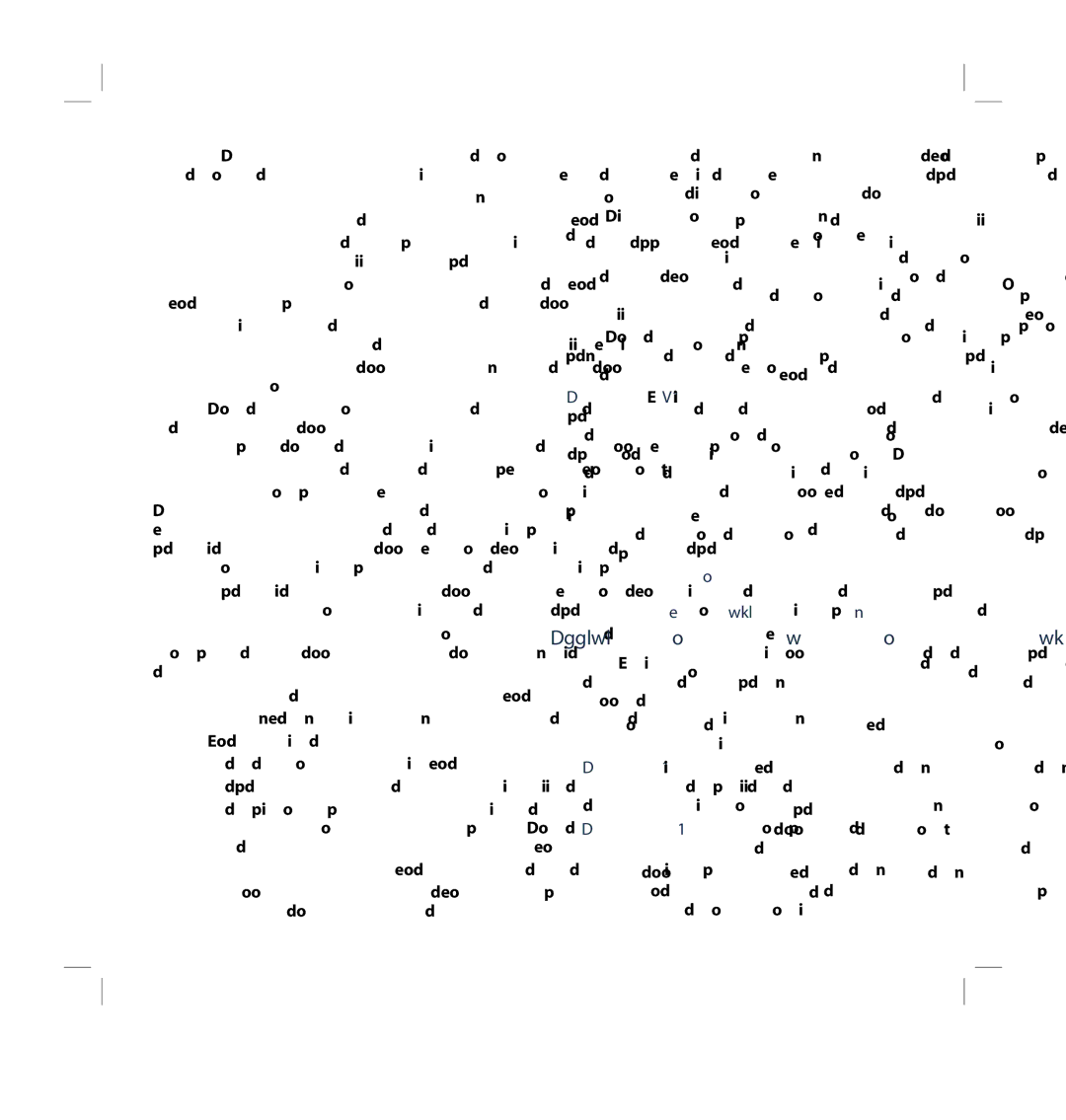
•Avoid cutting nails. Inspect the work piece and remove all nails and other foreign objects before beginning sawing.
•Support the work properly.
•Never reach over the blade to remove waste or off cuts.
•Do not attempt to free a jammed blade before first switching off the machine.
•Do not slow or stop a blade with a piece of wood. Let the blade come to rest naturally.
•If you are interrupted when operating the saw, complete the process and switch off before looking up.
•Periodically check that all nuts, bolts and other fixings are properly tightened.
•Always hold the saw on parts that are insulated. If you accidentally cut into hidden wiring or the saw’s own cable, the metal parts of the saw will become “live”.
•Never saw near combustible liquids or gases.
The tool must be used only for its prescribed purpose. Any use other than those mentioned in this Manual will be considered a case of misuse. The user and not the manufacturer shall be liable for any damage or injury resulting from such cases of misuse.
The manufacturer shall not be liable for any changes made to the tool nor for any damage resulting from such changes.
Even when the tool is used as prescribed it is not possible to eliminate all residual risk factors. The following hazards may arise in connection with the tool’s construction and design:
•Contact with the blade.
•Kickback of work piece and parts of work piece.
•Blade fracture.
•Catapulting of blade pieces.
•Damage to hearing if effective earmuffs are not worn.
•Harmful emissions of sawdust when the machine is used in closed rooms. Always use supplementary dust extraction where possible.
•Do not use blades that are deformed or cracked.
•Fully unwind cable drum extensions to avoid potential overheating.
•When an extension cable is required, you must ensure that it has the right ampere rating for your power tool and is in safe electrical condition.
•After long working periods external metal parts and accessories could be hot.
•Do not force the saw; let the tool do the work at a reasonable speed. Overloading will occur if too much pressure is applied and the motor slows resulting in inefficient cutting and possible damage to the motor.
•Always remove the plug from the mains socket before making any adjustments or maintenance, including changing the blade.
WARNINGS. Before connecting a tool to a power source (mains switch power point receptacle, outlet, etc.) be sure that the voltage supply is the same as that specified on the nameplate of the tool. A power source with a voltage greater than that specified for the tool can result in serious injury to the user, as well as damage to the tool.
If in doubt, do not plug in the tool. Using a power source with a voltage less than the nameplate rating is harmful to the motor.
Wear goggles
Wear earmuffs
Wear a breathing mask
Additional safety rules for the charger
•Before using the charger, read all the instructions and cautionary markings on the charger and battery pack as well as the instructions on using the battery pack.
•Only charge your batteries indoors as the charger is designed for indoor use only.
•DANGER. If the battery pack is cracked or damaged in any other way, do not insert it in the charger. There is a danger of electric shock or electrocution.
•WARNING. Do not allow any liquid to come into contact with the charger. There is a danger of electric shock.
•To allow the battery pack to cool down after charging, do not place it in a hot environment such as a metal shed or open trailer left in the sun.
6
